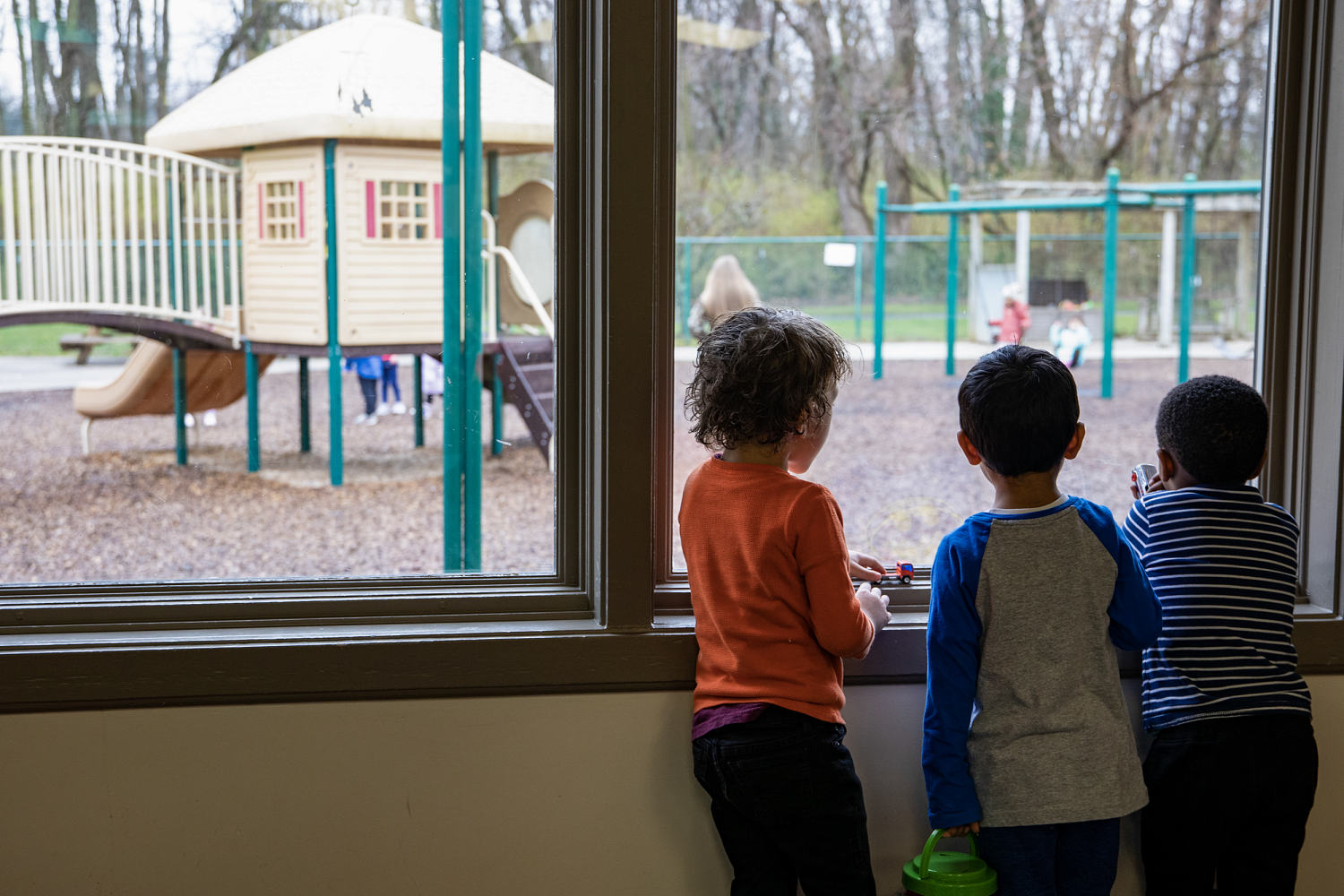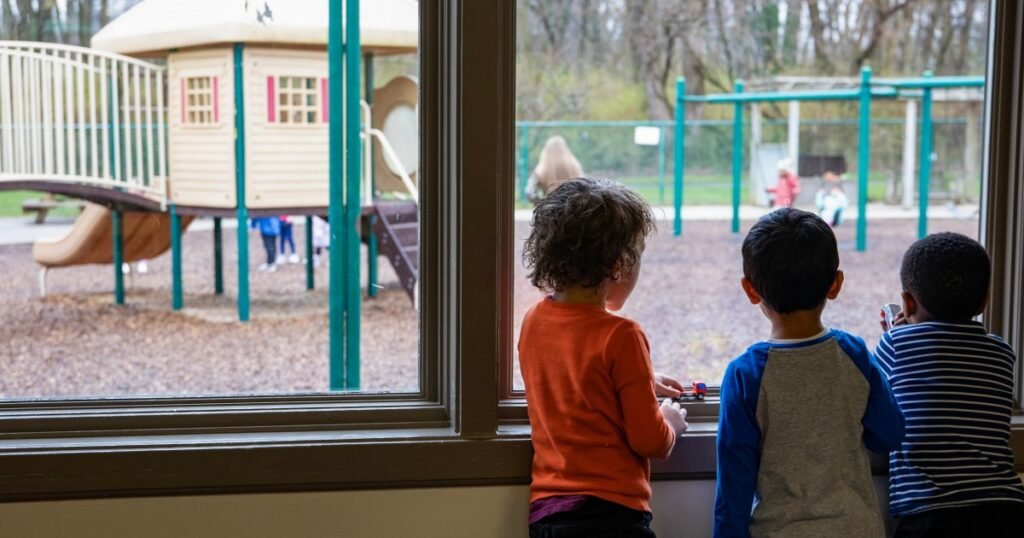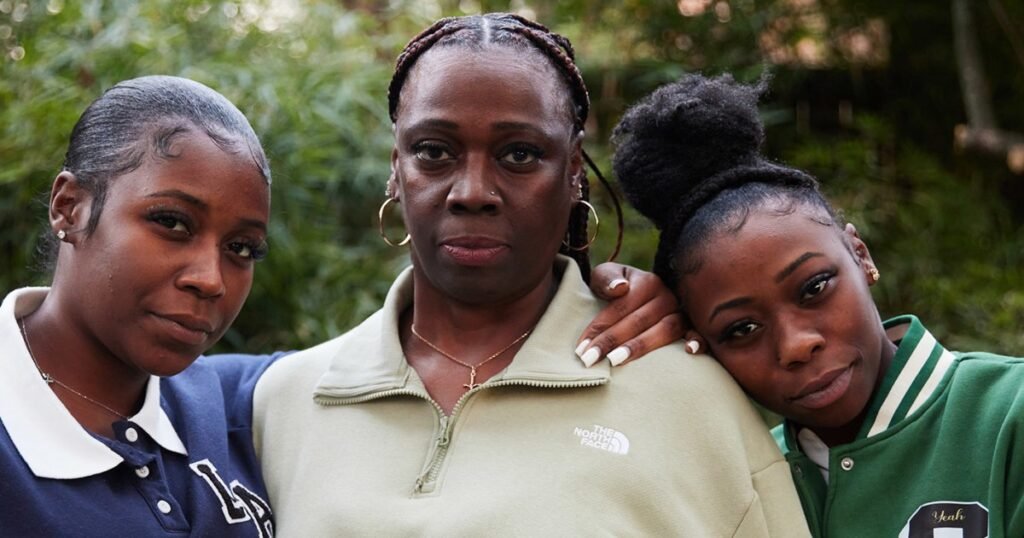
Dozens of Head Start programs, which provide childcare and preschool education to low-income children, have been unable to access previously approved federal funding, putting some programs at risk of having to close their doors in the coming days, according to a survey by the National Head Start Association.
The programs say they haven’t been able to draw down the funds to pay for expenses, like payroll and utilities, since a federal funding freeze was announced in the second week of the Trump administration. The freeze started last week with an Office of Management and Budget memo, which was then quickly rescinded.
The White House said Head Start programs shouldn’t have been affected by the freeze, and a judge blocked the action amid a legal challenge to the freeze. Still, more than 45 programs serving 20,000 children in 23 states have faced funding delays, according to the survey.
Unable to pay staff, several programs have had to temporarily shut down, and others are at risk in the coming days, the group said. And it’s part of a broader pattern that has seen some nonprofits reliant on federal funds unable to access them in the early days of the Trump administration.
“While it remains unclear why this delay is happening, it must be resolved immediately or thousands of families and their children will be at risk of losing the critical early care and educational services they depend on to work, go to school, and develop,” Yasmina Vinci, executive director of the National Head Start Association, said in a statement.
The Administration for Children and Families, which oversees Head Start funding and is part of the Department of Health and Human Services, didn’t immediately respond to a request for comment on the funding delays.
The funding disruptions stand to have sweeping consequences for families and staff.
In Washington state, one program in the rural Olympic Peninsula that serves 100 children, 12% of whom are homeless, has been unable to access their funding to pay their bills since last week. That program continues to get a message saying the funds are “pending approval,” said Joel Ryan, executive director of the Washington State Association of Head Start and the Early Childhood Education and Assistance Program.
“They’re getting really concerned about whether they will be able to pay their bills. Will they be able to pay their staff, and if it continues, will they be able to offer childcare to these low-income kids and their support for their family?” said Ryan.
Ryan said the funding issues aren’t affecting all programs in his state. Instead, it’s more like a rolling blackout, creating uncertainty from one day to the next among childcare providers over whether they will be able to make payroll that week or cover their rent or other expenses. He said the vast majority of programs in Washington receive nearly all of their funding from federal grants and have no alternative funding sources to which they can turn.
Last week, several programs in Washington sent notices to families that they might have to close their doors, but so far all the state’s programs have been able to stay open.
Ryan said he spoke to one program that has been waiting since last Wednesday for their funding to be made available so they can make payroll due on Friday.
In Wisconsin, at least one Head Start program had to temporarily shut down but reopened Wednesday when their funding was restored, according to the National Head Start Association.
In Illinois, at least four Head Start programs have been unable to access their funding, said Lauri Morrison-Frichtl, executive director at the Illinois Head Start Association. Of those programs, two are at risk of having to shut their doors in the coming days if the issue isn’t resolved.
“This is terrible, these families are the most at risk, the most vulnerable across across our state, and they depend on us for many services,” said Morrison-Frichtl. “For some of our children, we meet two-thirds of their nutritional needs each day. Families depend on us to get to their job, to have their child in a safe, educational, caring place.”
Even if the funding is resolved, Ryan says the experience has rattled the early childhood education community about what the fate of their programs could be in the longer term.
“There’s a lot of concern that this is the beginning and not the end of issues in the Trump administration,” he said.
Source link



